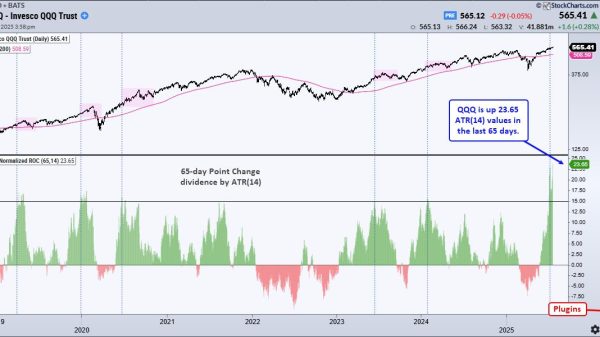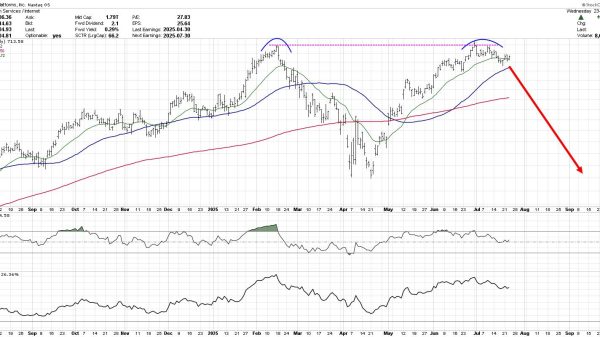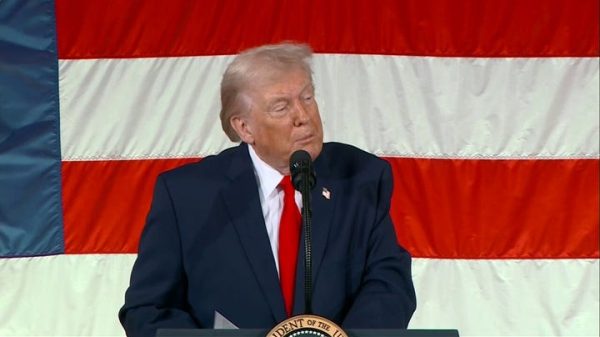
Roman Storm, co-founder of Tornado Cash, a controversial cryptocurrency mixer, expressed fear and sought support from right-to-privacy advocates in anticipation of his upcoming criminal trial.
Storm faces three charges, including conspiracy to commit money laundering, operating an unlicensed money-transmitting business, and violating the International Emergency Economic Powers Act. His trial is scheduled for September 2024, and he has pleaded not guilty to the charges.
2024 is the year that will define the rest of my life.Honestly, I’m scared. But also hopeful that this community cares with a passion.Please donate towards my legal defense.https://t.co/dQ7SCBesIm pic.twitter.com/0jeievSUxc
— Roman S (@rstormsf) January 22, 2024
In a post on X (formerly Twitter), Storm stated that his legal team is preparing a strong defense for his September 2024 trial. He said,
“Whether you’re [a] passionate developer like me involved with Web3 or just care about software and privacy, this legal battle will affect you. This case will set a major precedent for years to come.”
Storm, indicted in August 2023, is out on a $2 million bond and has emphasized the case’s potential implications for Web3 developers and individuals concerned about software and privacy. Storm’s alleged co-conspirator, Roman Semenov, remains at large, while another co-founder of Tornado Cash, Alexey Pertsev, was arrested in the Netherlands in August 2022. Pertsev was released in April 2023, before trial. As of January 22, users have reportedly contributed over $28,000 for Pertsev’s and Storm’s defense through the funding platform Juicebox.
The charges against Storm are linked to Tornado Cash’s alleged role in assisting North Korea’s Lazarus Group in evading U.S. sanctions, a claim vehemently denied by Storm. The DOJ and OFAC specifically refer to Tornado Cash’s role in laundering funds from the Lazarus Group, a North Korean-linked hacking group, which is also on the SDN list. Still, Tornado Cash has been implicated in several other hacks as well. All told, the mixer has laundered over $1 billion in ill-gotten gains, according to DOJ allegations.
Backlash and Legal Challenges Follow OFAC’s Sanctioning of Tornado Cash
The Office of Foreign Assets Control (OFAC) sanctioning Tornado Cash, a privacy-focused cryptocurrency mixer, has prompted a backlash in the crypto community. The move led to legal challenges, with major cryptocurrency exchange Coinbase and advocacy group Coin Center filing lawsuits against the U.S. government. The suits argue that the Treasury Department exceeded its authority in imposing sanctions on Tornado Cash.
Pro-crypto member of the U.S. House of Representatives, Tom Emmer, also expressed concerns by writing a letter to Treasury Secretary Janet Yellen questioning the decision to sanction Tornado Cash.
The case underscores the broader tension between financial privacy and government oversight in the cryptocurrency space. Cryptocurrency mixers, including Tornado Cash, enhance transaction privacy by obscuring origins, but they also raise concerns about potential illicit use.
U.S. government policy, particularly articulated by the Financial Crimes Enforcement Network (FinCEN), aims to target mixers to prevent misuse in money laundering and terrorist financing. However, finding a balance between implementing Anti-Money Laundering and Combating the Financing of Terrorism (AML/CFT) measures and preserving the anonymity principle mixers advocate remains a challenge.
The legal actions against Tornado Cash are part of a broader crackdown by the U.S. government that began in 2023. In August 2022, OFAC placed 44 USD Coin and Ether addresses associated with Tornado Cash on the Specially Designated Nationals (SDN) list, effectively restricting U.S. residents from using the service.
The post Tornado Cash Co-Founder Expresses Concerns About Upcoming Trial on Money Laundering Charges appeared first on Cryptonews.





























